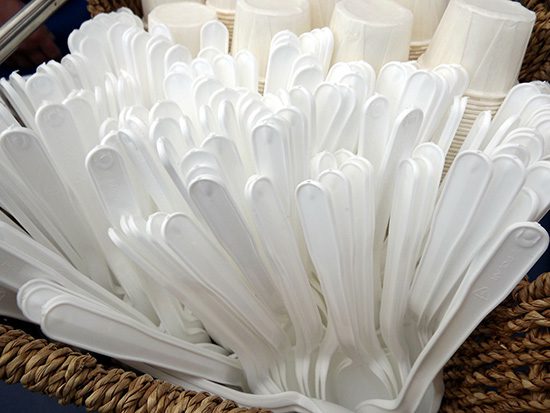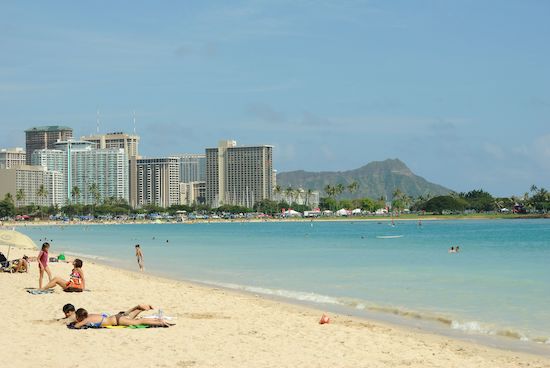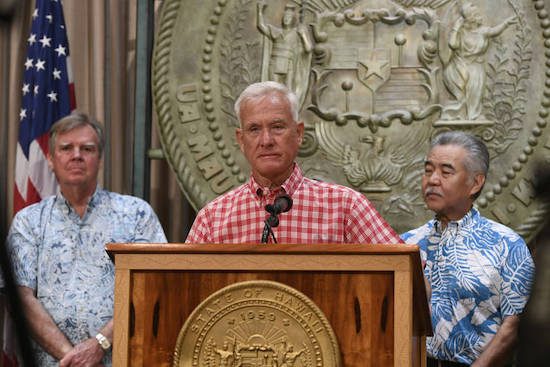
‘Uala Leaf Cafe goes green
The ‘Uala Leaf Cafe provides the WCC community with delicious, affordable and healthy food and is now working to become more sustainable.
Charlene Akina, WCC’s workforce development coordinator, and chef Andrew Bell have formed a working partnership with Dr. Jamie Boyd and Noe Puaauli who maintain the Nursing Pathway garden on the makai side of campus.
Together they recycle the organic waste from the cafe into vermicompost or traditional compost for the Nursing Pathway garden. This provides a closed loop where the nutrients in the plant waste can be returned to the soil to grow more edible and medicinal plants. It’s a great model for participation and communication among different groups on campus to achieve sustainability.
Bell and Akina are committed to sustainability and are bringing a fresh energy to these efforts. Bell talked about meeting with local farmers who are working to leave the Earth better than they found it and the responsibility that this generates for the restaurant industry to follow suit and do its part.
Akina discussed her work with the state Department of Education and legislature to work with farmers to include more local produce in school lunches. This effort provides healthier school lunches while supporting local agriculture.
Better school lunches also reduce food waste because the kids eat their food instead of throwing it away. This illustrates how sustainability in our food systems requires shortening our supply chain, connecting with local farmers and creating partnerships across organizations.
This move towards composting is happening across the UH system with similar efforts at recycling food waste through composting at Kapiʻolani Community College, Leeward Community College and UH West Oʻahu.

Because of our small size, WCC doesnʻt produce the volume of waste as other campuses and doesnʻt have as much physical space, which can provide challenges to these kind of initiatives and demonstrates the need for cooperation among different groups on campus.
In addition, most of the food containers and boxes at ʻUala Leaf Cafe are biodegradable. This is great because it reduces the potential for these containers to litter the island.
However, because there are no industrial composters on the island, most of these containers end up at H-Power where Oʻahu’s trash is burned. This illustrates some of the complexity of working towards sustainability on an island and how our efforts are constrained by the waste systems already in place.
WCC and ‘Uala Leaf Cafe’s efforts to become sustainable are so important because they teach students about sustainability through example and action. Students will take what they see and learn back to their homes and communities throughout their lives, multiplying the impact of the teaching that happens here on campus.
by Christian Palmer, Special to Ka Ohana





